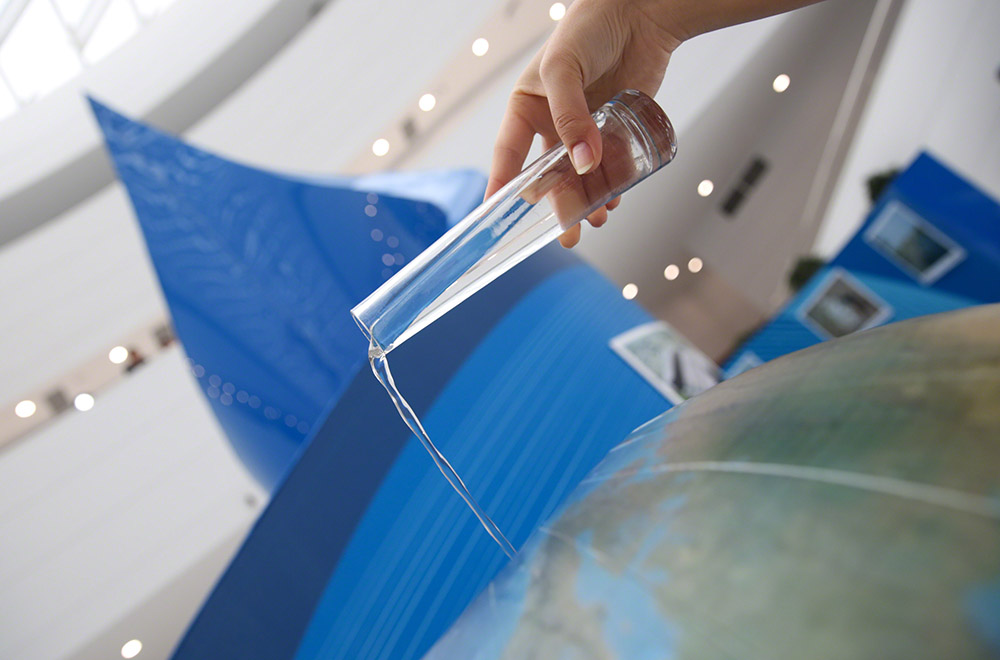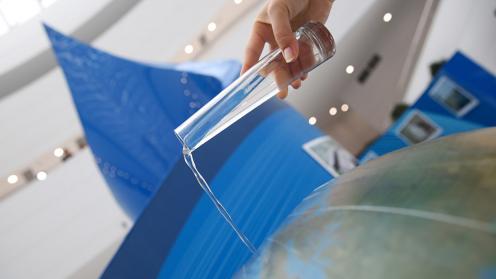Summary
The meeting successfully highlighted the importance of transboundary water cooperation, welcomed Ghana, Guinea-Bissau, and Togo as new Parties, and saw the signing of the Ministerial Declaration on the Senegalo-Mauritanian Aquifer Basin by ministers from The Gambia, Guinea-Bissau, Mauritania, and Senegal.
Final report
Summary report 29 September – 1 October 2021
All coverage

The Ninth session of the Meeting of the Parties (MOP9) to the Convention on the Protection and Use of Transboundary Watercourses and International Lakes (Water Convention) considered different aspects of transboundary water cooperation with a particular focus on review of progress in implementation of the Convention.
On the first day of the meeting, a special, high-level session on ‘Water and Peace’ highlighted the role of transboundary water cooperation in building stability and trust.
MOP9 adopted the Convention’s programme of work for 2022-2024 and addressed:
- The development of agreements in shared basins;
- Equitable and sustainable water allocation in a transboundary context;
- Benefits of transboundary cooperation;
- Water-food-energy-ecosystems nexus;
- Monitoring, assessment, and data-sharing;
- Climate change adaptation; and
- The financing of transboundary water cooperation.
The review of progress towards achieving Sustainable Development Goal (SDG) target 6.5 (implementing integrated water resources management by 2030) included: launching the second report on the implementation of the Water Convention; and discussing the outcomes of the second reporting exercise on SDG indicator 6.5.2 (proportion of transboundary basin area with an operational arrangement for water cooperation).
Five new publications on transboundary water cooperation were launched during the meeting:
- Practical Guide for the development of agreements or other arrangements for transboundary water cooperation;
- The Handbook on water allocation in a transboundary context;
- Funding and financing transboundary water cooperation and basin development; and
- Solutions and investments in the water-food-energy-ecosystems nexus: a synthesis of experiences in transboundary basins.
A series of side events were organized during the two days prior to the start of the meeting. They were held in virtual format and allowed interactive dialogue on issues related to transboundary water cooperation.
Organized by the UN Economic Commission for Europe (UNECE) in cooperation with the Government of Estonia, the meeting took place from 29 September – 1 October in a hybrid format in Geneva, Switzerland, and virtual. More than 500 representatives from governments, international, governmental and non-governmental organizations, and academia were expected to attend.
The Water Convention was adopted in Helsinki, Finland in 1992 and countries beyond the UNECE region have been able to join since March 2016. There are currently 46 Parties to the Convention with Chad, Senegal, Ghana, and Guinea Bissau being the first outside the UNECE region. The Water Convention’s objective is to strengthen national measures for the protection and sound management of transboundary surface water and groundwater.
To receive free coverage of global environmental events delivered to your inbox, subscribe to the ENB Update newsletter.
